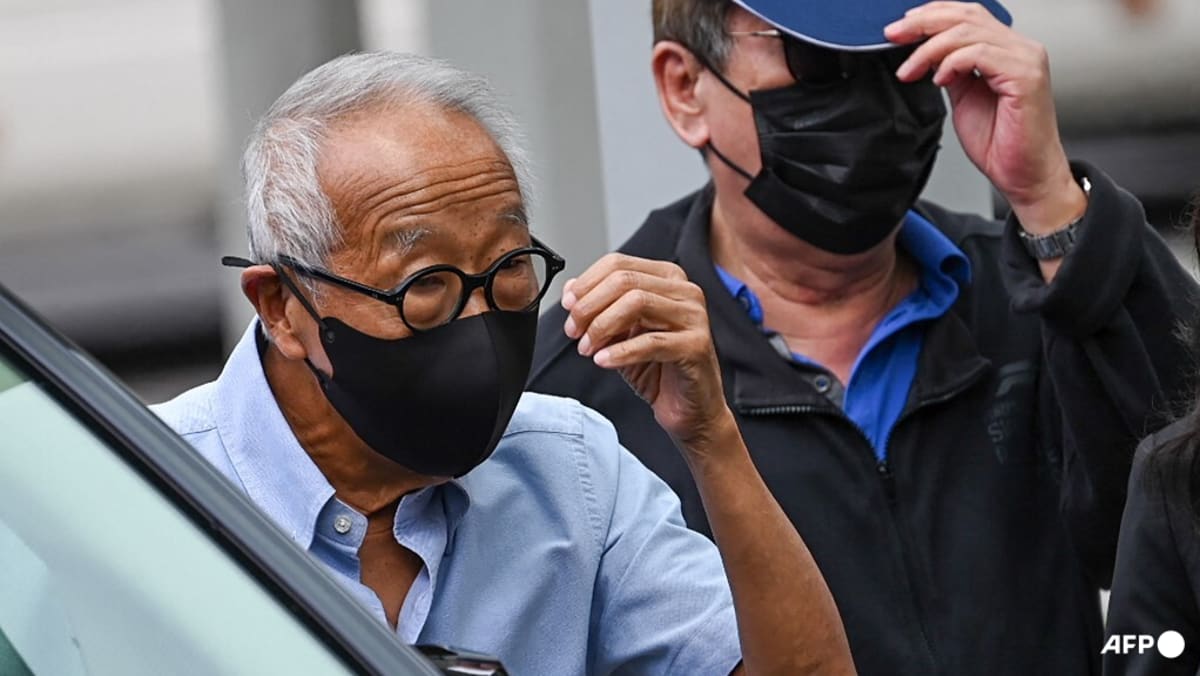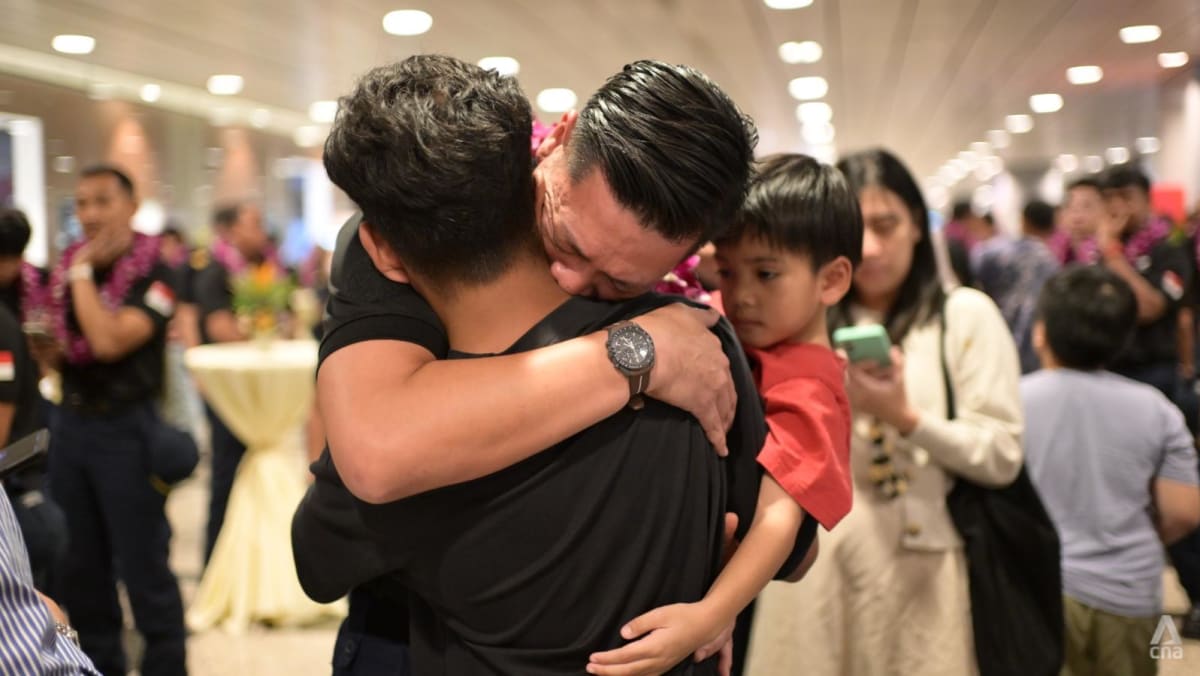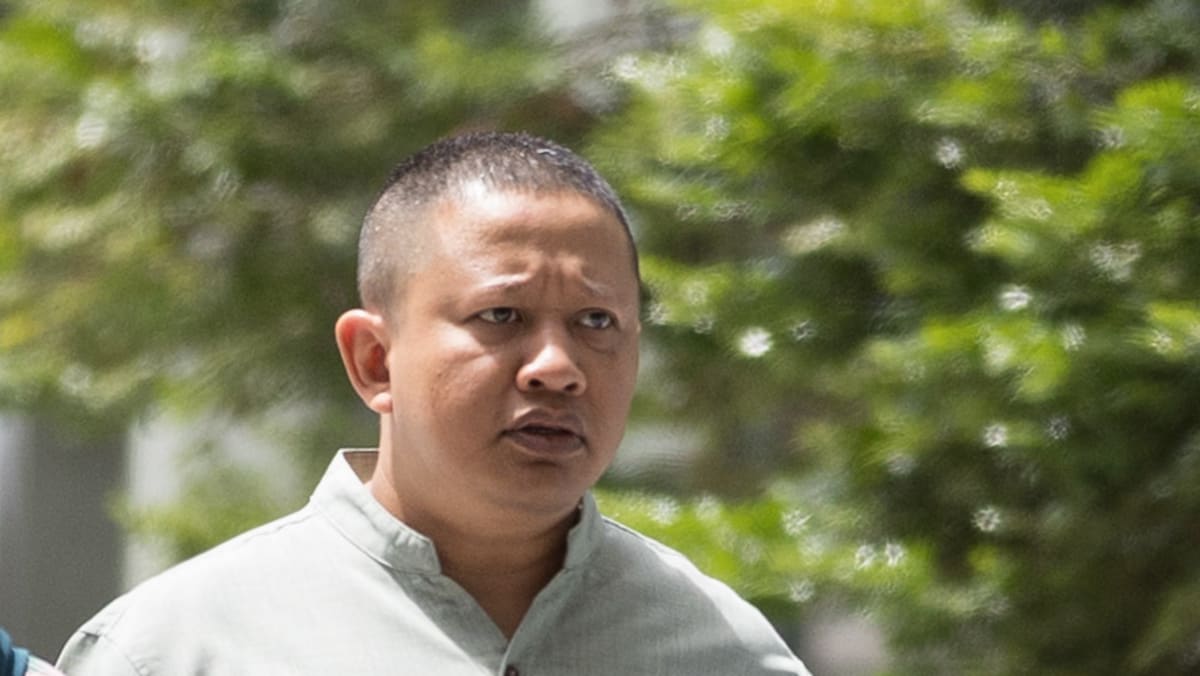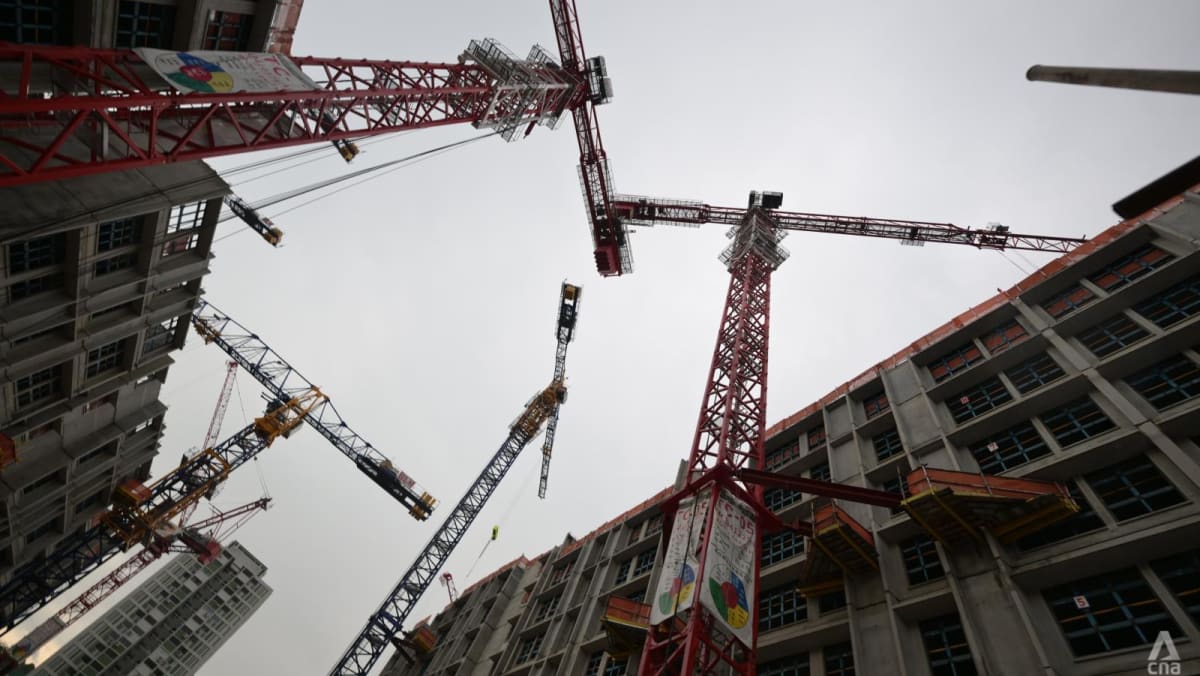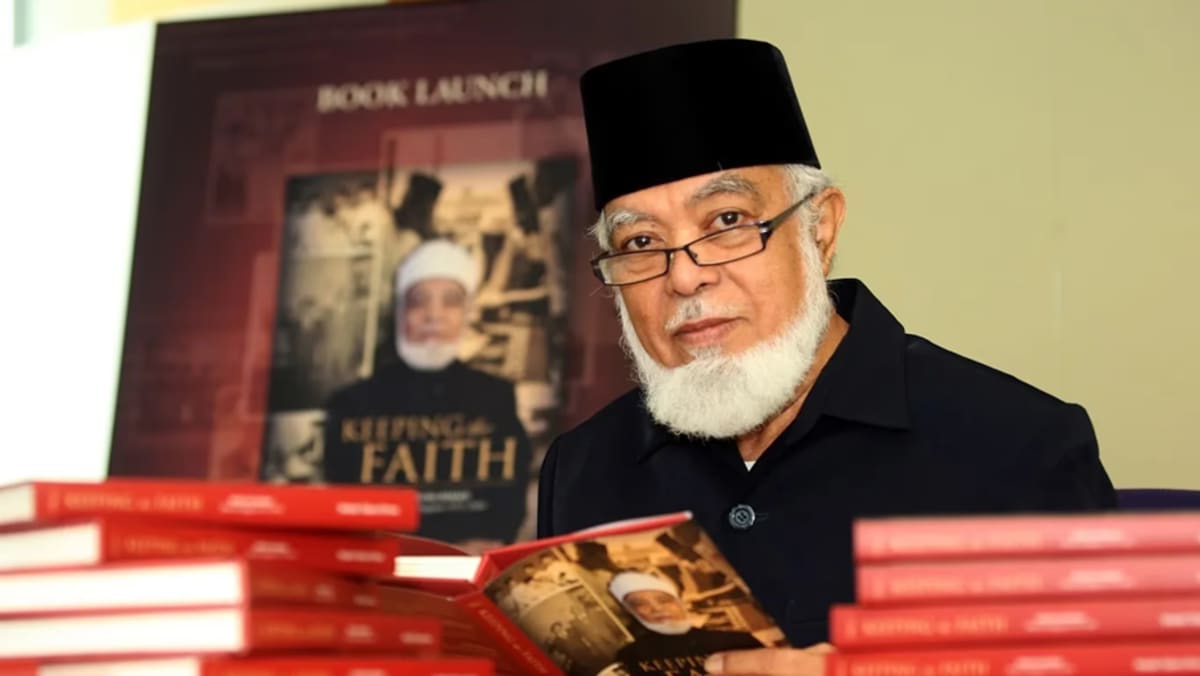The team was sent to Myanmar a day after a deadly 7.7-magnitude earthquake hit the country’s central region, killing more than 3,500 people and leaving thousands injured or missing.
The contingent had to “hit the ground running”, initially operating without their communications equipment fully set up. At their second deployment site, they rescued a man from a collapsed building.
The local community in Myanmar played a huge role in the team’s work, said Col Tay. For example, he said the hotel where their operations were based provided fresh rations, transport and an interpreter.
“The Myanmar people are a resilient lot,” said Col Tay. “We hope what we have done provides some form of relief and, in some cases, closure to them.”
Asked whether it was difficult to leave Myanmar, Col Tay said the urban search and rescue phase of the mission had ended about six days into the operation.
The team continued to recover bodies and set up a medical clinic. More than 130 people were treated at the clinic for various ailments, including muscular and skeletal injuries.
“But our medical setup was not set up to treat masses of casualties … so even as we step down our Operation Lionheart contingent, there are other international teams stepping forward,” said Col Tay.
“If we look at that from that perspective, when there are better teams that can take over the current needs of the community, then we should step down.”
